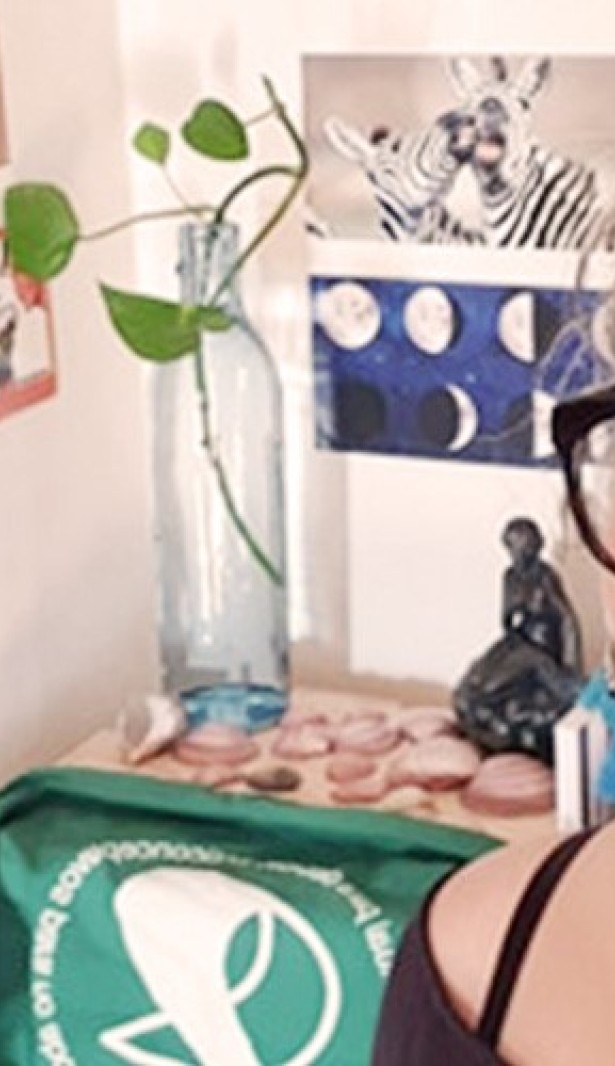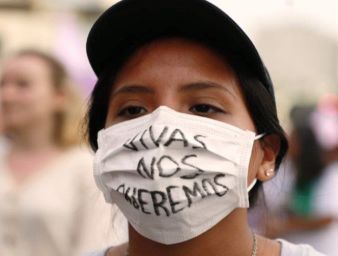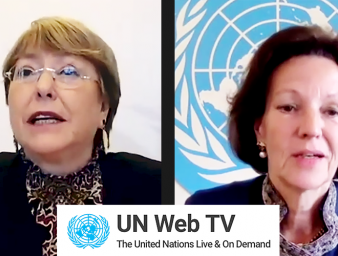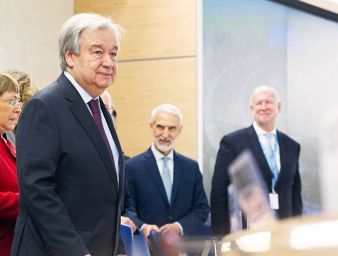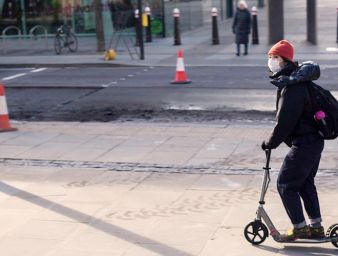Informing people is protecting people
29 May 2020
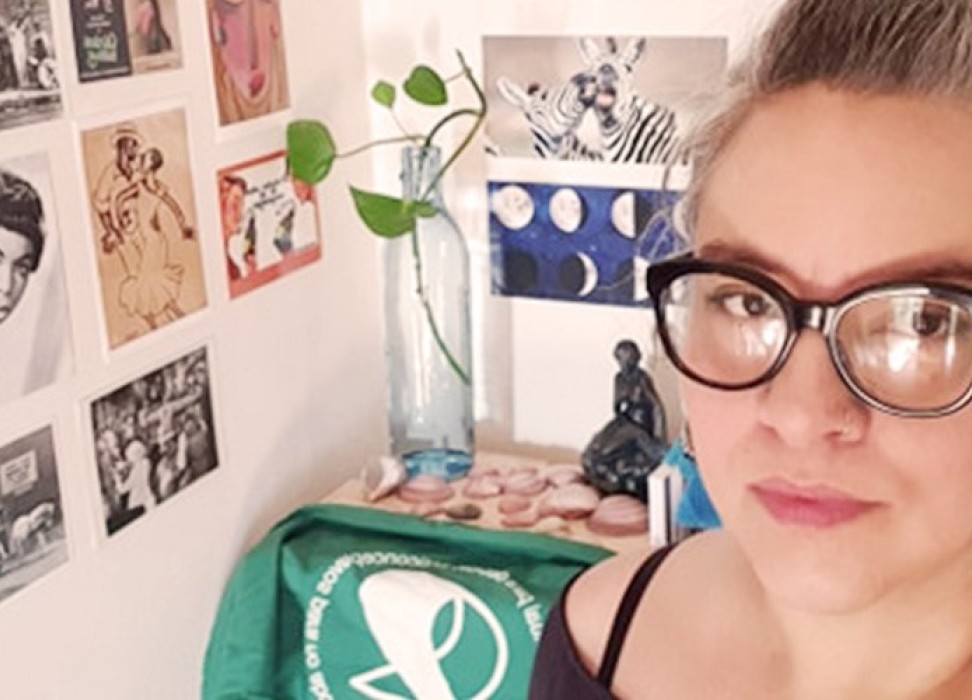
Since the first reported case of COVID-19 in February, Mexico has, as of 24 May, 68,620 reported cases, resulting in 7,394 deaths.
UN Human Rights Mexico Office has been working hard to provide reliable and accurate information surrounding the virus, the emergency measures and the human rights issues impacted by it all.
Gabriela Gorjón is a public information officer, who has worked to break down information silos, helping to create cross regional public information campaigns to help sort fact from fiction during the pandemic.
How has COVID-19 pandemic affected your work?
At a personal level, it has also meant realizing even more the privilege and the responsibility of working at the UN. There's something really amazing of our work, and that is when you meet somebody that has suffered a human rights violation, you are usually with them at maybe what is the worst moment of their lives. And that's really touching. Sometimes it's frustrating because you cannot do as much as you would like to. But at the same time, you get to see firsthand the way people get strength from difficult situations and transform them into something beautiful. It's hard to witness that from afar. However, we keep on acting, for instance, as a bridge between victims and mass media so we can help their voices to be heard.
What is UN Human Rights in Mexico doing to help protect and promote human rights during this crisis?
Reliable and critical information has always proven to be important. However, in this time of crisis, it has proven to be even more important. So, we have undertaken this huge effort to try to process international human rights standards and so forth [for the public]. We believe informing the people is protecting them. When you have this reliable, respectful information that you can say, “Yes, it is like this. These people are not lying, it's reliable,” then you empower people and they have a tool to protect themselves as well or to protect others.
We've also worked a lot with the Mexican government, for instance, to achieve change. [The Office championed] the guidelines that kept people who died from COVID-19 being cremated, without being identified. In Mexico, we have a huge problem with disappearances. We have more than 60,000 disappeared people.
There were issues before with states [in Mexico] that were cremating people who were not yet identified. And that was really, really dramatic for the families that are looking for their people, for their relatives. Now, there are guidelines, so that no one is cremated without previously being identified or offering their families the possibility to claim the body. These bodies are preserved in a respectful way so that they can be identified later on.
What have been the biggest challenges and lessons learned so far in this pandemic?
It's hard sometimes to speak to audiences or reach audiences that are not yet convinced. Right now, almost everybody has the opportunity to inform themselves. They have their smartphones and they have social media and people are very active on social media here in Mexico. So people inform themselves through social media.
But at the same time, anybody can disseminate any kind of information [on it]. So,
that's been a huge challenge. We need to be able to elucidate which of this information is real, which is not, which is fake news and so forth. It's a challenge for us to share really reliable information, not only that, it has to be reliable, it has also to be understandable. It has to be practical and it has to be appealing as well.
Why is it important to stand together, and stand up for human rights during this pandemic?
We believe that as the Office of the High Commissioner for Human Rights, we need to be one step ahead in the shaping of the world that we want to live in after this crisis. One that's fair for everybody; that's based on human rights when it comes to decision making, for instance. We need to strengthen these foundations. I think we need to do that. And we can only do that if we stand together.
Gabriela explains why reliable information is important to promote human rights in the video below.
Video
29 May 2020
